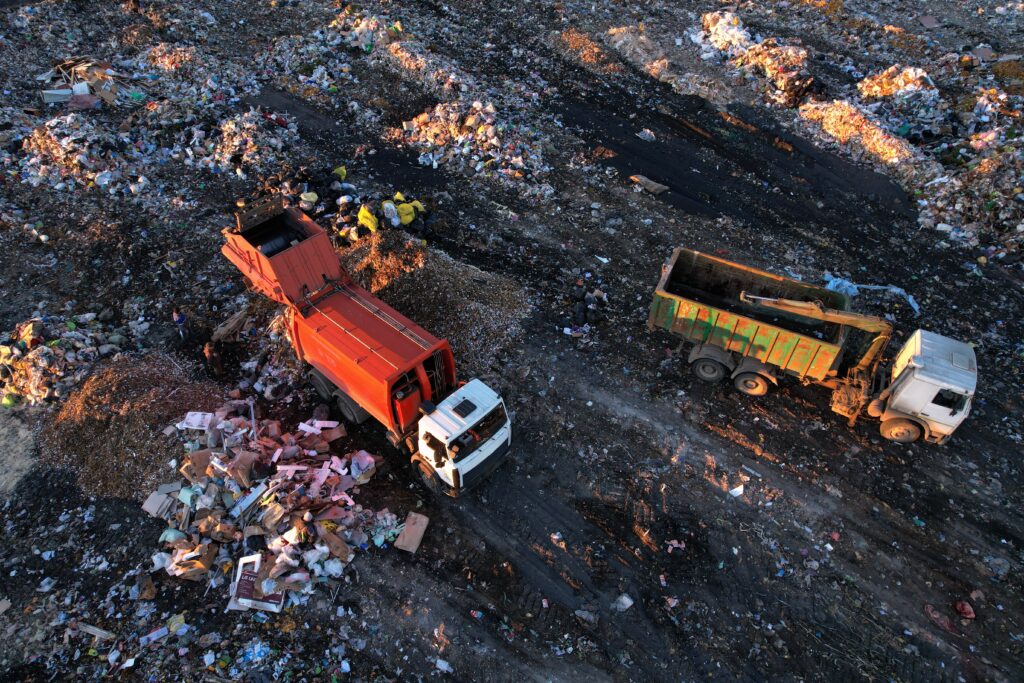Germany's automobile federation – the VDA – and its plastics-producers' industry federation – the VKE – have said the Directive unnecessarily restricts the ways in which plastics from old cars are used.
The two organisations cited a study from the Fraunhofer Institute in support of their argument that the most ecological and economic way to deal with plastics from ELVs is a flexible use of materials recycling, chemical feedstock recycling and energy-from-waste recovery.
By restricting these recovery methods and forcing manufacturers to make vehicles suitable for the recycling requirements of the Directive, the two associations warned that the Directive was effectively reducing the environmental benefits elsewhere in the vehicles' lifecycles.
The statement from the VDA and VKE said that the Directive was reducing manufacturers' ability to use certain plastics to make vehicles lighter in weight, and that this meant a decrease in the vehicles' fuel economy – essentially leading to more emissions over the life-time of the vehicles.
The federations said: “In the opinion of VDA and VKE the rigid ratio defaults of the European end of life vehicle regulation obstruct ecologically meaningful measures for fuel economy and therefore carbon dioxide reduction, for example in the use of certain materials in lightweight construction.”
Fixed “recycling ratios” therefore make no environmental sense, the German industries said, particularly as studies proved that the use of passenger cars plays a “much larger role” in environmental effects than the disposal of a car. The organisations said there was little environmental difference in recycling non-metallic vehicle components than there was in recovering energy from them. And, they said that energy recovery could often be more efficient.
The Fraunhofer Institute study disproved the “widespread view” that the material recycling process is more ecologically favourable than energy recovery in ELV plastics, the organisations added.
More more information about the requirements of the End of Life Vehicle Directive, see the letsrecycle.com legislation section.








Subscribe for free